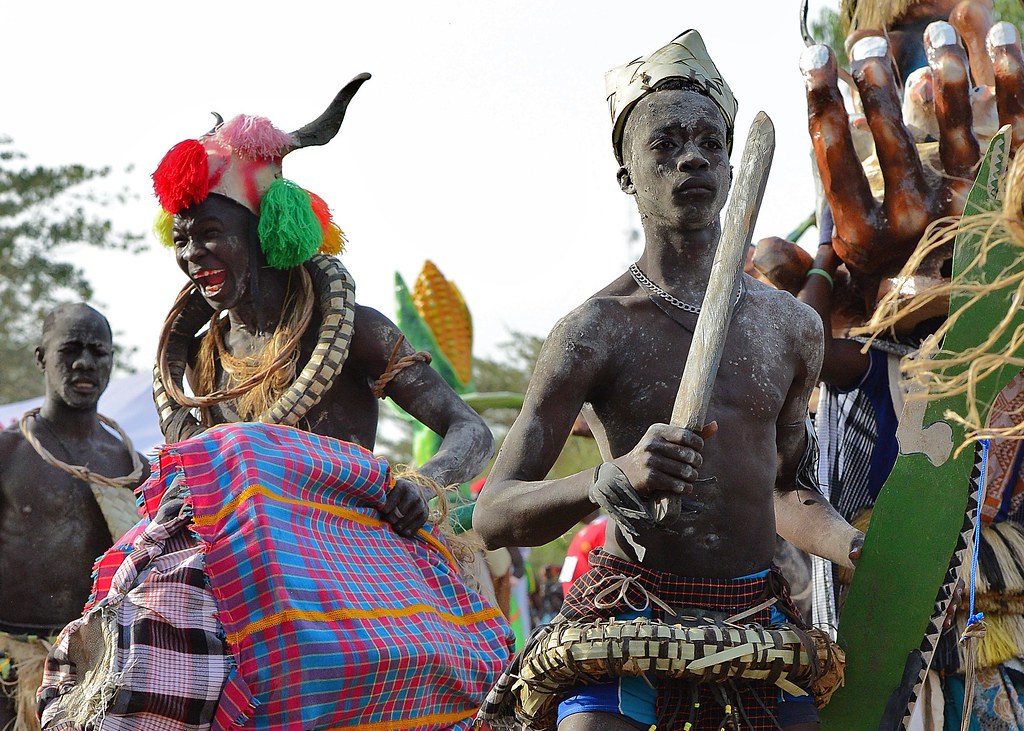Fragility and Rule of Law in Guinea-Bissau

Violence and instability on a structural level severely hinder the application of poverty reduction plans and can even lead to poverty increasing in the affected region. A clear example of this is the Sahel region in West Africa. Civil unrest, military plots and the expansion of Islamic terrorist groups in the region have made it one of the world’s only places with an increasing poverty level according to the World Bank. Guinea-Bissau lies just south of this region, but it is still at risk of falling to the same threats besetting its northern neighbors. Helping solidify the rule of law in Guinea-Bissau can make a regional leader in the fight against poverty.
History of Guinea-Bissau
Guinea-Bissau declared independence from Portugal in 1973. The young republic soon faced the political instability characteristic of post-colonial Africa. A coup in 1980, a civil war in 1999 and a further coup in 2012 provoked high legal insecurity and ensured that the country’s economy would stagnate.
However, after a transition to democracy in 2014, the country has been able to prosper relative to its neighbors. Despite a coup attempt in 2022, Guinea-Bissau has stood as one of the main democracies in West Africa. Guinea-Bissau’s government has since focused on addressing corruption, economic development and law enforcement in collaboration with international institutions such as the International Monetary Fund (IMF) or the United Nations Development Program (UNDP).
The Challenge
As the Fragile State Index identified, Guinea-Bissau faces great issues with socioeconomic instability. Slow economic growth following the COVID-19 pandemic combined with increased political polarization and the prominence of Islamic fundamentalist groups and drug trafficking have led to high social unrest. Furthermore, a lack of inclusive dialogue and state reach to rural areas has created a challenge for the continuation of the democratic system. In turn, this perpetuates the situation of poverty in the country, as violent flare-ups and a fragile rule of law scare off investment, slow job creation and eliminate entrepreneurship opportunities. Yet, in spite of the monumental challenges to the rule of law in Guinea-Bissau, the government has not stood idle, and the international community has taken steps to improve the situation.
Current Projects and Solutions
As previously mentioned, Guinea-Bissau does not stand alone in its fight to preserve the rule of law. The government together with the United Nations Industrial Development Organization devised a $4.2 million plan to boost its private sector competitiveness with a special focus on the agricultural sector implementing more productive methods.
Furthermore, the UNDP has set out a program to end political isolation and polarization in the country. It is developing platforms for inclusive dialogue and ideas exchange, namely the “Na No Mon” initiative, which is Creole for “in your hands.”
Through initiatives like Na No Mon, Guinea-Bissau aspires to mend the rift that has split its society and the first results are starting to show. More than 4,000 people have gained access to justice services from the state. Furthermore, through collaboration with the UNDP, Guinea-Bissau has improved the capabilities of law enforcement in rural areas and has provided 149 health care facilities with malaria monitoring equipment. The Fragile States Index reflects all this, where Guinea-Bissau has significantly improved its score. Through these improvements, the Guinea-Bissau government aims to restore investor confidence in the country and to set its people on a route to ending poverty in the country and maybe even being a role model for other countries in the region for attracting investors and improving living conditions.
Prospects for the Future
The challenges Guinea-Bissau faces are many, but the country has seen steady progress in the past few years. The upcoming elections in 2024 and the stability of the ensuing government will be crucial to solidify the country’s progress and set Guinea Bissau on a road to stability and economic growth. Until then, the international community can but celebrate the great strides society has taken towards reinforcing the rule of law in Guinea-Bissau.
– Daniel Pereda
Photo: Flickr
